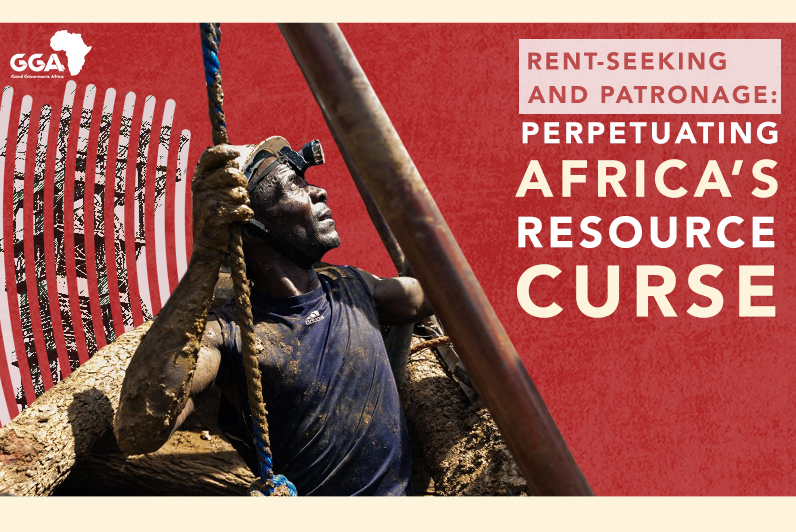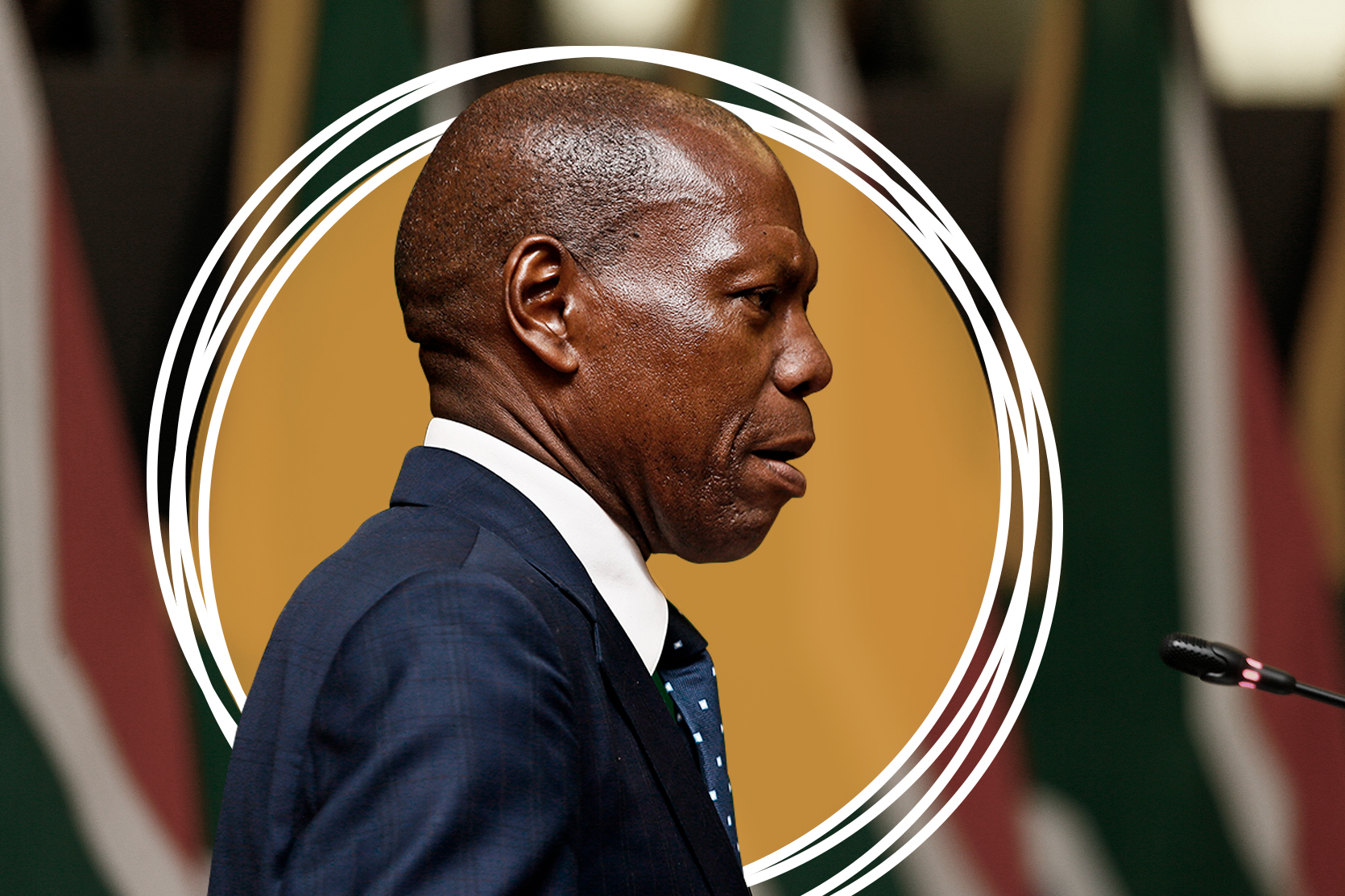
As we gain better understanding of how the Resource Curse manifests in developing countries, we now pay close attention to the key mechanisms that drive the Resource Curse even deeper. Rent-seeking and patronage are among the key contributing factors to this wicked problem. A wicked problem is one with multiple, interactive causes for which no simple solution can be found.
Resource rent-seeking and patronage behaviour: the root cause
The late economist Gordon Tullock pioneered the theory of rent-seeking in the late sixties. The term was formally introduced and further developed by American economist Anne Krueger in the early seventies. In this context, the term refers to the government gaining control of land and other natural resources to secure rents that arise from natural resource extraction. Rents are usefully defined by the late Douglass North as returns that exceed the opportunity cost of resources that might otherwise be deployed in a competitive market. Natural resources can yield significant rents or returns from investment in their extraction. Fundamentally, rents become a political currency because natural resources generate significant revenue for the state. Whoever has control and access to these rents through political power can solidify their wealth and entrench their power further still.
Rent-seeking refers to the government gaining control of land and other natural resources to secure rents that arise from natural resource extraction.
When natural resource wealth is discovered, resource rich countries can turn into rentier states where the state is resourced through rents rather than taxes. In such a scenario, the state exercises minimal effort to build institutions that serve a broad base of citizens, or actively suppresses any move in that direction. With significant rents accruing to the state, access to those in public office becomes the most valuable commodity in a resource-dependent country’s political economy. Access to resource rents then induces patronage. Governing elites with access to resource rents distribute them to those closest to their inner circle. Through these patronage networks, elites seek further political influence for the sake of generating economic rents for their own consumption.
In this way, political and business elites accumulate a monopolistic control of wealth which blurs the distinction between the public and the private sectors. Simply put, rent-seeking involves a transfer between the business elites and the ruling elites which is unproductive because it does not benefit society, nor does it contribute towards socio-economic development. In this way, rent-seeking limits the incentives for ruling elites to broaden the tax base by diversifying the economy. Without this tax base with which to hold the government to account, accountability is eroded.
The impact of resource rent-seeking behaviour and patronage networks
The African extractives industry holds great potential for contributing towards sustainable broad-based development. Africa possesses a significant share of the world’s remaining minerals and metals. However, the proliferation of rent-seeking has hindered many African states from achieving their socio-economic development goals. But most importantly, it has perpetuated the Resource Curse.
The impact of rent-seeking and patronage systems has been high levels of corruption, which have become entrenched in many African mining countries. A recent exclusive report published by South Africa’s Maverick Citizen, for instance, unpacks the high levels of corruption rooted in the rent-seeking and patronage networks of Zimbabwe’s government that has led to a formation of economic cartels across various sectors, including mining and energy. The report also specifically highlights the patronage networks that benefit the Zimbabwean ruling elite through systematic looting and illegal mining activities. Transparency International’s annual corruption index ranks Zimbabwe at 157th out of 180 countries; this correlation between the country’s corruption score and its minerals-related patronage system cannot be ignored.
The African extractives industry holds great potential for contributing towards sustainable broad-based development. Africa possesses a significant share of the world’s remaining minerals and metals.
Consequently, and more broadly, rent-seeking results in reduced economic efficiencies through poor allocation of resources, reduced wealth creation, loss of government revenue and increased income inequality. In the case of Zimbabwe, illicit financial flows from illegal mining activity and smuggling gold and diamonds out of the country, has been estimated to cost the country USD 3 billion a year over the last decade. Over half of the population of Zimbabwe lives on less than USD 3.20 per day, highlighting the extreme levels of poverty. This is the manifestation of rent-seeking behaviour and patronage pathways that perpetuate the Resource Curse. Over the last two decades, Zimbabwe has become one of the most underdeveloped and fragile mining jurisdictions in Africa.
A call for more disclosure and better governance in the extractives industry
The promotion of better governance to reverse the Resource Curse has increased significantly since the 1990s. With a focus on transparency tools that can yield accountability in the extractives industry, policymakers have attempted to create robust and effective mining regulatory environments that are conducive to meeting socio-economic development goals.
Interventions such as the Extractive Industries Transparency Initiative (EITI) have shown great potential towards improving transparency in the extractives industry. However, because demands for transparency alone are invariably insufficient for achieving this end, supporting mining codes call for the implementation of multilevel stakeholder engagement. This requires active engagement with affected stakeholders at every stage of the extraction process, from exploration to completion of mining projects, including economic succession planning.
Interventions such as the Extractive Industries Transparency Initiative (EITI) have shown great potential towards improving transparency in the extractives industry.
The EITI itself, though, aims to promote better governance by disclosure. The initiative ensures that implementing countries of the EITI process disclose revenues from extraction in resource-rich but underdeveloped countries. Fundamentally, this is an attempt to prevent and terminate rent-seeking. Governance initiatives are ultimately only effective if they ensure that extractive industry revenues do not land up in the hands of the elite groups who perpetuate the Resource Curse and benefit their patronage networks at the expense of the vast majority of citizens.
Join in the conversation and stay tuned as we explore the role and impact of the Institutions Curse next week.
Busisipho Siyobi is the Programme Head of the Natural Resource Governance Programme at GGA. Prior to joining GGA, she headed up the Corporate Intelligence Monitor desk at S-RM Intelligence and Risk Consulting. Busisipho holds an MPhil in Public Policy and Administration from the University of Cape Town with a research focus on CSR within the South African mining industry. During her Masters, she worked as a research scholar at the South African Institute of International Affairs.














This was a truly insightful piece with all of the moving pieces linked to one another with relative ease. A pleasure to read.